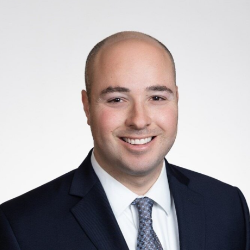Healthcare and consumer macro-trends increasingly point to an interest in and need for alternative care delivery models
Healthcare is evolving, and consumers are driving the demand for innovative care delivery models. The U.S. faces a growing physician shortage, along with an aging, sicker population, making it harder to access primary and preventive care, especially for marginalized communities.
At the same time, consumers now expect their healthcare experiences to mirror the convenience and flexibility of retail settings — minimal wait times, easy access and personalized care. However, traditional healthcare providers often fall short in these dimensions, resulting in frustration and unmet needs.
The care delivery system is ripe for disruption, and on paper, retail health companies appear well positioned to meet these evolving consumer needs. Yet both online and brick-and-mortar retail giants are still trying to come up with strategies to fully meet these dynamic consumer expectations.
This edition of L.E.K. Consulting’s Executive Insights offers retail health companies a structured approach to considering opportunities to expand service offerings into care delivery.
Many early attempts by retail companies have faltered
Several traditional retail health players have sought to expand their offerings in recent years in an effort to satisfy consumers’ needs (see Figure 1).










